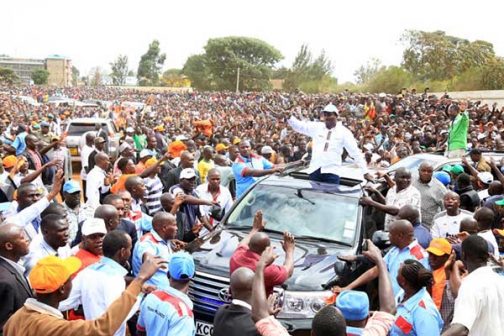×
The Standard e-Paper
Home To Bold Columnists

Early last week, the opposition National Super Alliance (NASA) signed and deposited an agreement with the Registrar of Parties.
The agreement annuls the former CORD, and lays out the rules of engagement for the political parties and the four principals that comprise the coalition.